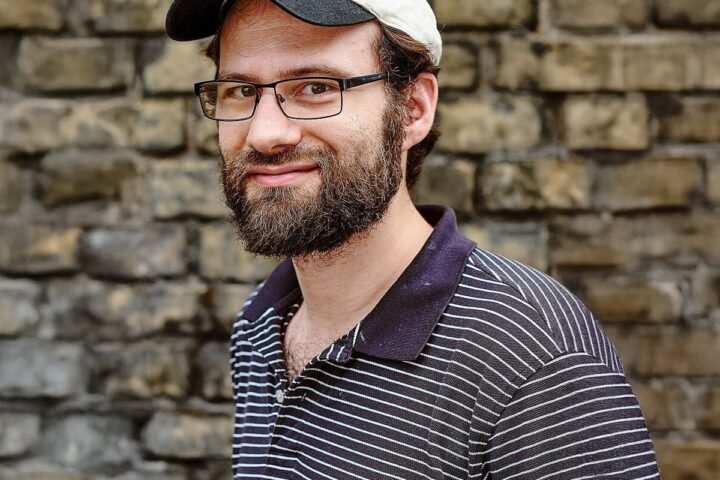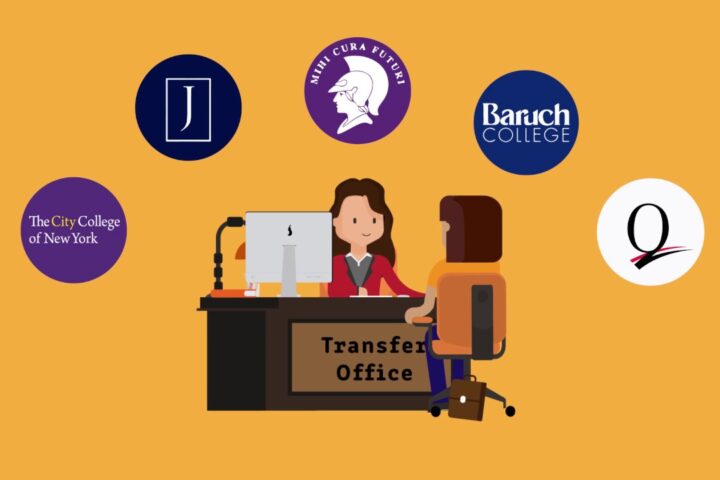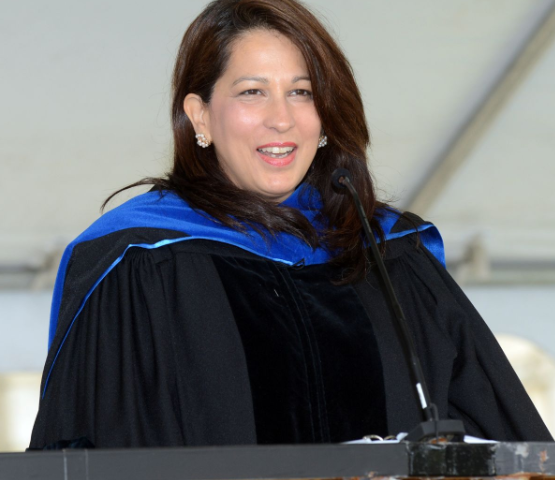D.C. Anderson, a former captain for the U.S. Coast Guard, spoke at the Science Building on Earth Day, April 22, to discuss the consequences of ignoring climate change as a result of vested interests money.
Anderson first opened with some very bleak information highlighting the limits of natural resources.
“Half the world’s oil is gone. Because of special interests, specifically Big Oil, in Congress, we have no sustainable plan for changing that in the future,” Anderson said.
Moreover, Anderson criticized consumption and its impact on the environment.
“If you just look at the room we are sitting in, you’ll see the direct correlation between bad environmental practices and our life. These lights and air conditioning system all destroy the environment,” Anderson said.
Anderson shared his own personal history and how he became active in promoting environmental sustainability.
After graduating from SUNY Maritime College with a Masters in economics, Anderson served as a Coast Guard officer around the world. During his service, he invented the first auxiliary propulsion ship.
This ship was designed to run as a more environmentally friendly alternative to the regular, diesel-fueled ships the Coast Guard was using at the time. There was only one problem; it was slightly more expensive than the already existing systems.
After the 1973 oil embargo, when oil prices skyrocketed, the Coast Guard embraced Anderson’s ship idea. But once prices started to fall later that year, the Coast Guard quickly abandoned his idea and went back to the old ships, which confused Anderson.
“Why is it that people do not see that paying a little bit more now would ensure we give to our descendants the same Earth we inherited?” Anderson asked.
Anderson said he then decided to become involved in changing this attitude, by engaging the same power group he was involved with — students.
“I realized that what we were doing was suicidal, and felt the need to change it, the same way I did as a student,” Anderson said.
He said how the student body was more politically active when he was a servant and actually changed public policy from the bottom-up.
“When we were students, we would be marching half a million strong against the war in Vietnam and the draft, and we actually got LBJ to listen to us,” Anderson said.
The key to solving the problem of climate change, Big Money, and all of its side effects is to harness the power of students to change the way we elect our officials, he said.
“Right now, you have corporate hacks going through a revolving door between government and the corporate board. So they aren’t accountable to us,” Anderson said.
Anderson proposed that we need to try a student-run, sustained grass-roots effort to change Congress via petition. These petitions would go to the local, state and federal bodies and call for our elected officials to propose to us, the citizens, ways to make our officials accountable to us.
One way to do this, Anderson said, is to have prospective candidates to send their resumes to a local committee of professionals in their district, with them vetting the finals candidates on the ballot. After their term is over, they would be assessed by the committee and judged on if their can run again.
“None of this could happen unless the student body of the world, people like you, organize for a sustained and disciplined movement for your own future,” Anderson said.













